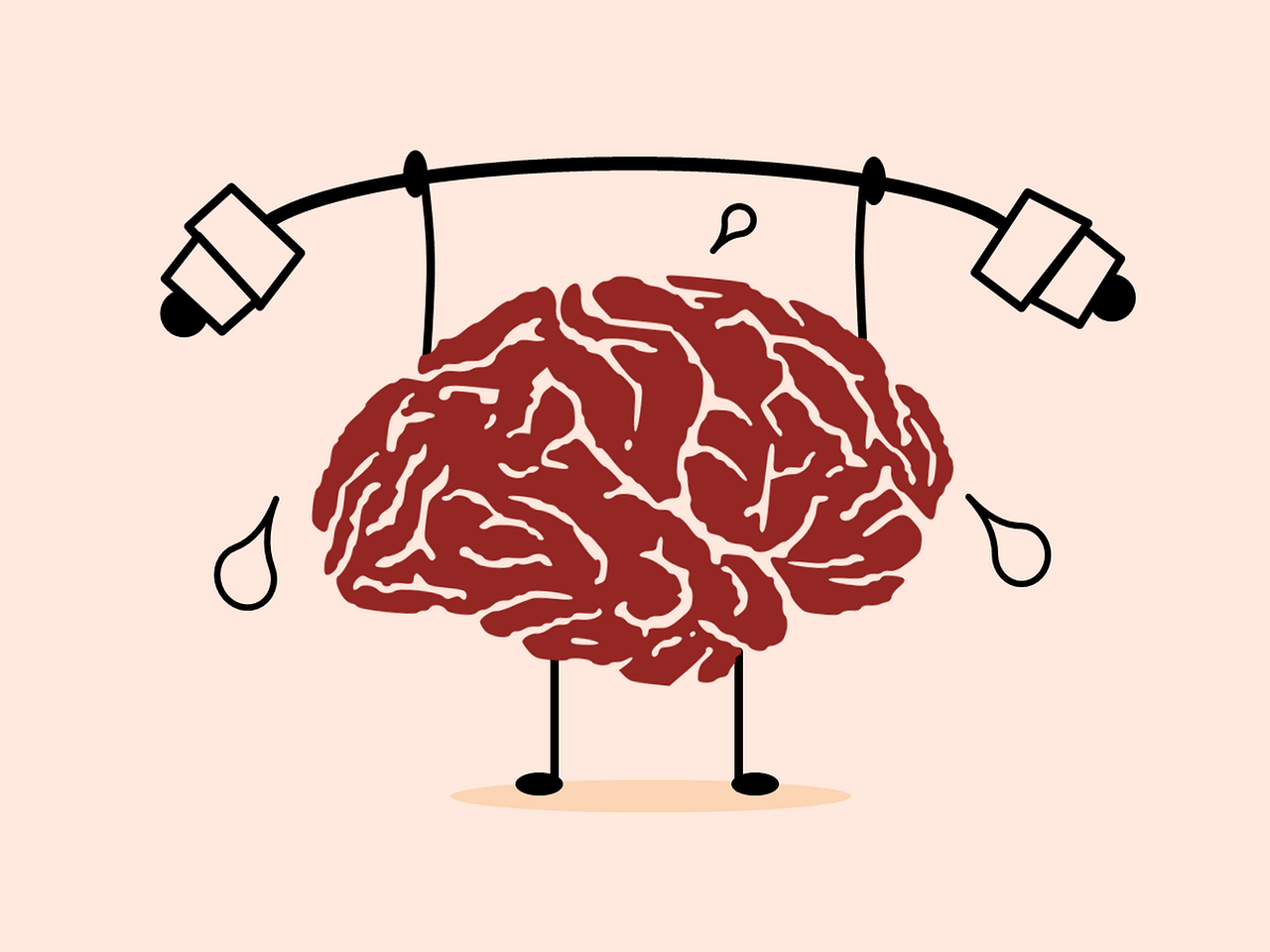
In our daily lives, we often overlook an essential aspect of our health—our brain. Maintaining optimal brain health isn’t as complicated as it sounds, but it requires avoiding certain common mistakes. In this article, we will guide you through six mistakes that people often make, hampering their cognitive abilities and overall brain health.
Not Prioritizing Sleep
First on the list is neglecting the importance of sleep. Good quality sleep is vital for brain health, as it allows the body to repair itself and consolidate memories. However, it’s easier said than done, especially in a world that’s always ‘on.’ A helpful article on Mashable City outlines how to cultivate a healthy sleep routine, which is key to optimizing brain function.
Ignoring Nutrition
Secondly, nutrition plays a critical role in maintaining brain health. A balanced diet that includes essential nutrients, vitamins, and minerals keeps your brain functioning at its best. Due to our busy schedules, we often overlook this aspect. If you’re curious about how nutrition can improve your brain health, you might want to check out some enlightening neurodine reviews.
Lack of Physical Activity
Physical activity is an essential aspect of maintaining optimum brain health. Exercise increases the heart rate, which pumps more oxygen to the brain, aiding in the release of hormones that provide an excellent environment for the growth of brain cells. It also promotes brain plasticity by stimulating the growth of new connections between cells in various important cortical areas of the brain.
Overconsumption of Alcohol
Alcohol can have a profound effect on brain health. Overconsumption can interfere with the brain’s communication pathways, affecting mood and behavior. It can also damage the brain’s structure and function over time.
Smoking
Smoking isn’t just detrimental to your lungs; it can harm your brain as well. Nicotine in cigarettes reduces blood flow to the brain, leading to cognitive impairment. It’s also associated with an increased risk of Alzheimer’s disease and stroke.
Not Managing Stress
Last but not least, chronic stress can damage the brain. It can lead to shrinkage in key areas of the brain, affect memory and learning, and increase the risk of psychiatric disorders like depression and anxiety. One way to manage stress is by using the law of attraction, as highlighted in this Shop Empires article.
In conclusion, keeping your brain healthy involves more than just the occasional crossword puzzle. It’s about cultivating a lifestyle that supports brain health in every aspect. If you manage to avoid these six mistakes, you’ll be well on your way to maintaining a healthy, sharp, and focused mind. Remember, a healthy mind is indeed a healthy body.
Understanding the Brain-Gut Connection
Emerging research has begun to highlight the importance of the brain-gut connection, and how it impacts our overall brain health. The gut, often referred to as our “second brain,” consists of a network of neurons lining our gastrointestinal tract. This gut-brain axis allows for bi-directional communication between the two, influencing our emotions, memory, and cognitive functions. When our gut health is compromised due to poor diet, stress, or other factors, it can lead to brain-related issues such as depression, anxiety, and cognitive decline.
The Impact of Social Interaction on Brain Health
Human beings are social animals, and regular social interaction plays a vital role in maintaining good brain health. Connecting with others, be it friends, family, or community members, stimulates our brains, leading to increased cognitive functioning and a decreased risk of neurodegenerative diseases. Social activities help keep our minds sharp, our memories intact, and promote overall emotional well-being. Conversely, prolonged isolation or lack of social interaction can lead to depression and hasten cognitive decline.
Mindful Practices for Brain Health
Incorporating mindful practices like meditation and yoga into our daily routine can greatly enhance brain health. These practices are known to reduce stress, improve concentration, and promote overall mental well-being. They encourage us to focus on the present moment, thereby enhancing our ability to focus and concentrate. Mindfulness also fosters mental flexibility and creativity. It can slow down the aging process of the brain, improving memory, attention span, and even boosting overall happiness and satisfaction in life.









